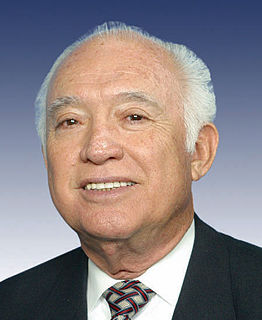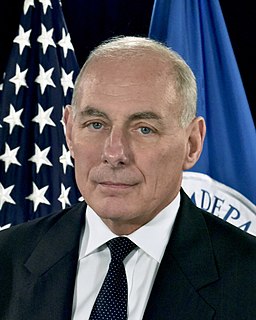A Quote by Solomon Ortiz
It matters not what your individual position is on either war we are currently prosecuting - in Iraq or Afghanistan - certainly we can all agree protesting at military funerals is a cruel and unnecessary hardship on our military families during their most difficult hour.
Related Quotes
Yes and no. Because America has only about 1 percent of the population serving in the military, it is hard for many civilians to understand the sacrifices military families make. However, my experience is that after the Vietnam War, the public learned that they should support the military whether or not they support the war. You've seen that outpouring of support for the veterans of both Iraq and Afghanistan.
We do not want to keep our troops in Afghanistan. We see no military - we seek no military bases there. It is agonizing for America to lose our young men and women. It is costly and politically difficult to continue this conflict. We would gladly bring every single one of our troops home if we could be confident that there were not violent extremists in Afghanistan and now Pakistan determined to kill as many Americans as they possibly can.
The war against Iraq is as disastrous as it is unnecessary; perhaps in terms of its wisdom, purpose and motives, the worst war in American history... Our military men and women...were not called to defend America but rather to attack Iraq. They were not called to die for, but rather to kill for, their country. What more unpatriotic thing could we have asked of our sons and daughters...?
Inside the White House there were always extreme amounts of doubt about whether they should be escalating in Afghanistan. In fact, most of the president's advisers said, "This is probably not going to work." A lot of people in the military said, "This is probably not going to work." If the thumbnail version of the Iraq war was that George W.Bush lied about mass destruction weapons, the thumbnail version of Barack Obama's war in Afghanistan is that the generals pushed him into a war he didn't want to fight.
When he emerged Lou Dobbs the populist, he was so hard to peg. A mishmash of contradictions: anti-outsourcing, anti-globalization, pro-international-trade, pro-free-enterprise, anti-corporatism, pro-choice, pro-Second Amendment, pro-gay-marriage, pro-gays-serving-openly-in-the-military, pro-military, anti-war-in-Iraq-and-Afghanistan.
These are things that we hear from military families everywhere we go. But it - on PTSD, the thing that I want to make sure people understand is that the vast majority of veterans and military families aren't dealing with any kind of mental health. But there are - these are what are called the invisible wounds of this war. And many times they don't present.
This Iraq war has been the most "privatized" war in America's history. It has seen the most extensive use of contractors. The contractors have increased the costs; but they have been necessary - the military simply could not have done it on their own. we would have had to increase the size of the military. But the George W. Bush Administration wanted America to believe that it could have a war, essentially for free, without raising taxes, without increasing the size of the armed forces.































